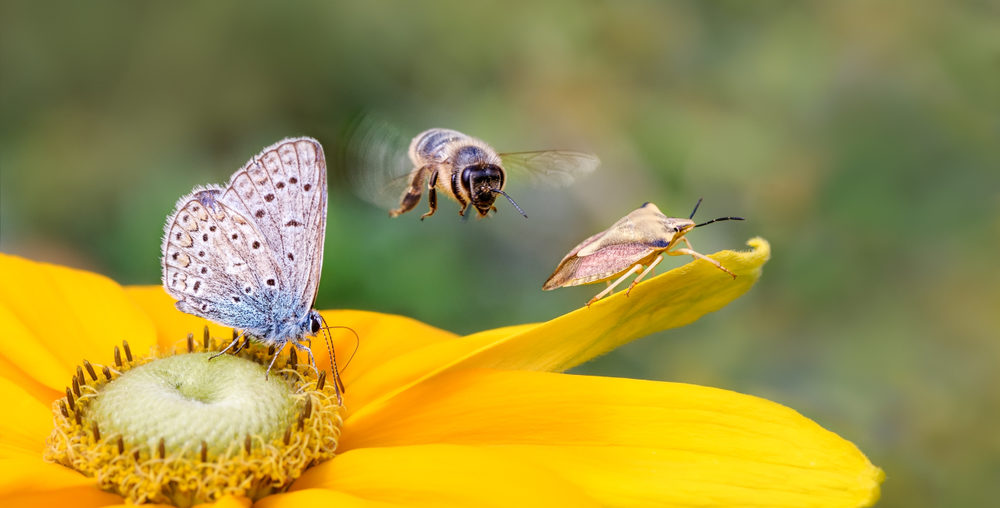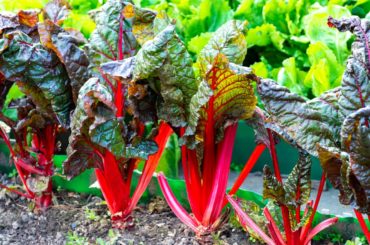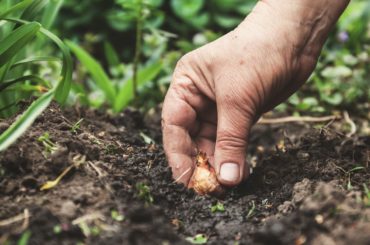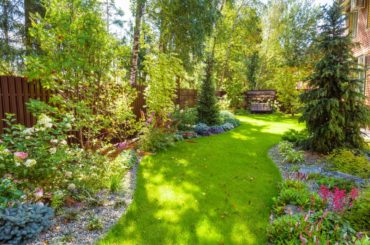Participating in the natural balance, insects are useful for the garden, they are true allies. Contributing to the reproduction of plants, fighting against undesirable ones or helping bacteria to transform plant matter into mineral salts, many of them are particularly beneficial for the garden.
The beets
Measuring between 15 and 30 mm in length, ground beetles feed on insects reputed to be pests of crops such as slugs, caterpillars, worms, snails and aphids. Furthermore, these nocturnal beetles are used to killing more prey than they actually eat. Their presence allows you to get rid of unwanted insects naturally and quickly.
To make them want to stay in your garden, offer them shelter like logs, flat stones or old stumps.
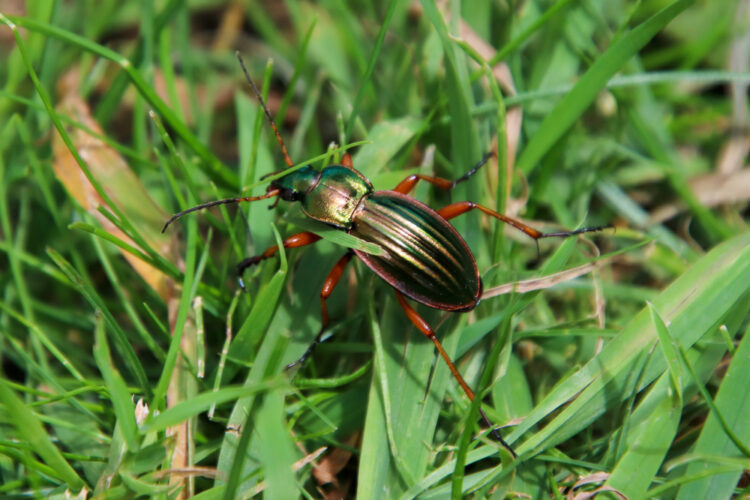
Ladybugs
Being able to consume more than a hundred aphids daily, the ladybug is one of the useful insects in the garden. It also fights against mealybugs and mites. The species called "Bête à Bon-Dieu" is particularly effective, both in the larval and adult stages. Besides banning chemicals, lure ladybugs into your garden by leaving them food like aphids.
To do this, cultivate plants such as nettles or nasturtiums to bait their prey. Also, avoid using weed killers in certain areas of your garden to leave some weeds for shelter.
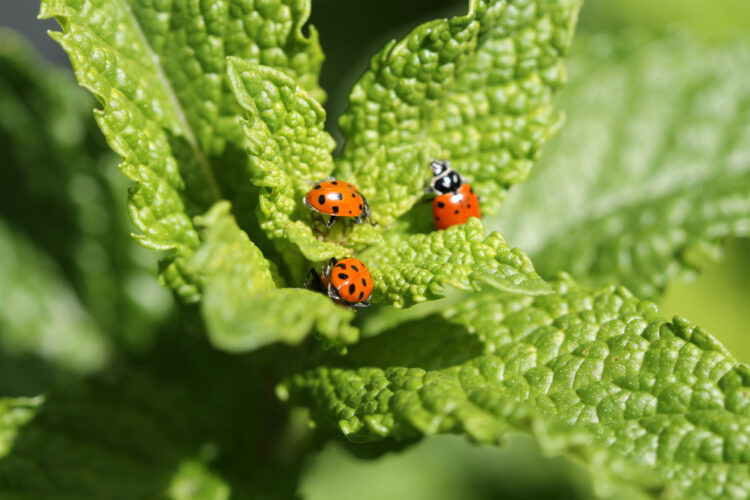
The bees
Pollinating insects, bees collect flowers and transport pollen from one plant to another, thus promoting plant reproduction.
To attract these little beasts, grow honey flowering plants in sunny places and sheltered from the wind in your garden. Also, do not hesitate to dig small cavities in the ground or wood to provide shelter for wild bees. Finally, consider giving them a drink by installing a basin filled with pebbles and gravel and filled with water in your garden.
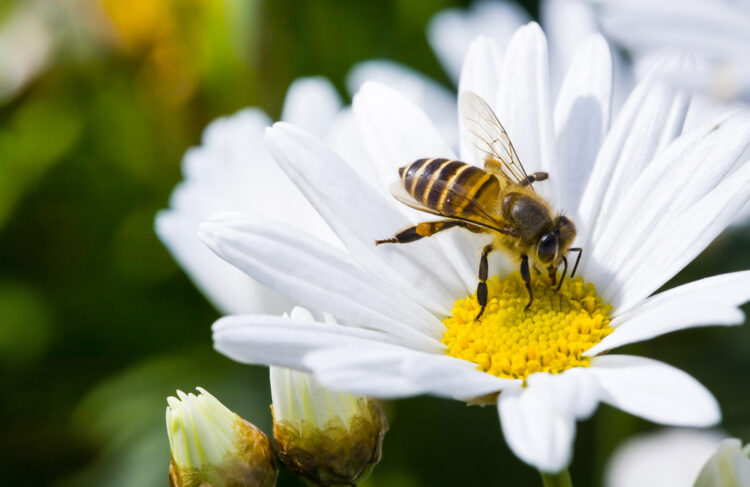
Syrphids
Similar to wasps because of their yellow body striped with black, hoverflies are also pollinating insects. However, it is mainly their larvae that are most beneficial for the garden. In fact, their growth towards adult size is spread over ten days. During this phase, the larvae feed abundantly on aphids. During this period, they are able to swallow about 700 aphids.
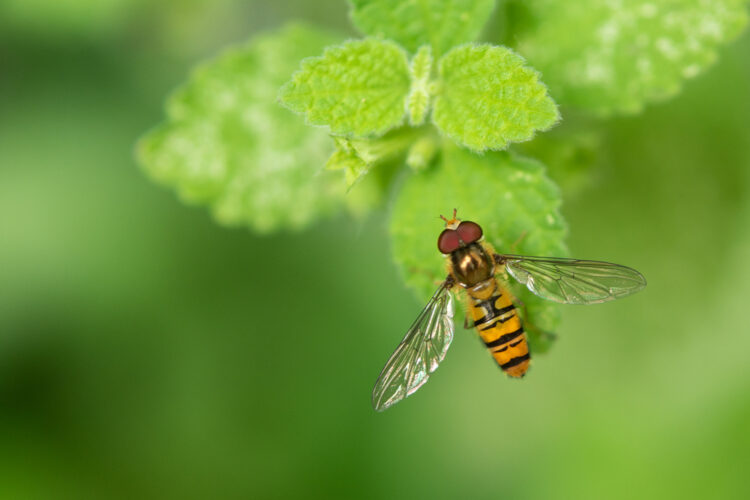
Lacewings
Natural predators, lacewing larvae fight against the proliferation of many harmful insects. During their larval phase, these insects consume on average between 300 and 400 aphids. Lacewings also love mites, mealybugs, thrips, red spiders and whiteflies. Once adults, these insects forage from flower to flower to feast on pollen and nectar, thus playing the role of pollinators.
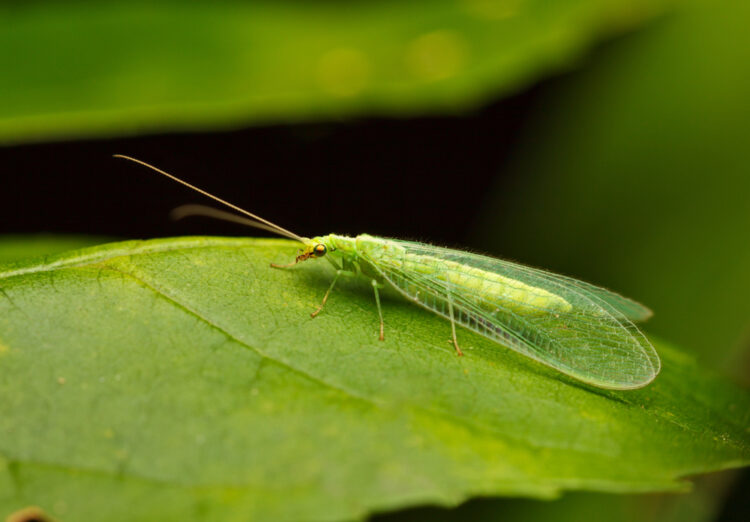
Bumblebees
If you grow tomatoes in your garden, bumblebees will be particularly useful to you. Thanks to the vibrations they emit, they are able to ensure the pollination of tomato flowers which are generally self-fertile. Little nectariferous, these flowers rarely attract other insects.
To invite bumblebees to your garden, do not hesitate to grow plants that they particularly like such as nasturtiums, lavender or rosemary. Note that these insects only bite when they feel in danger. In addition, their bites are not serious.
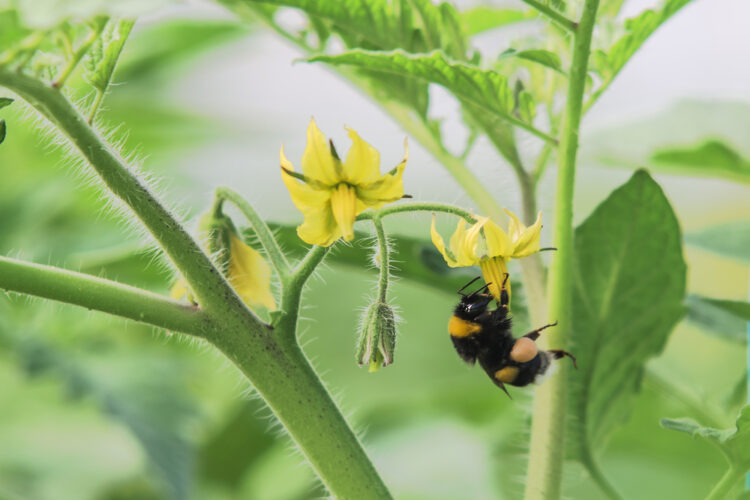
Whatever your needs, avoid the use of pesticides that can be harmful to beneficial insects. By banning the use of these chemicals, you ensure their survival and allow them to fight against insects harmful to your garden. The use of mosquito repellent lamps is also not recommended, as this type of device can also kill beneficial insects.


